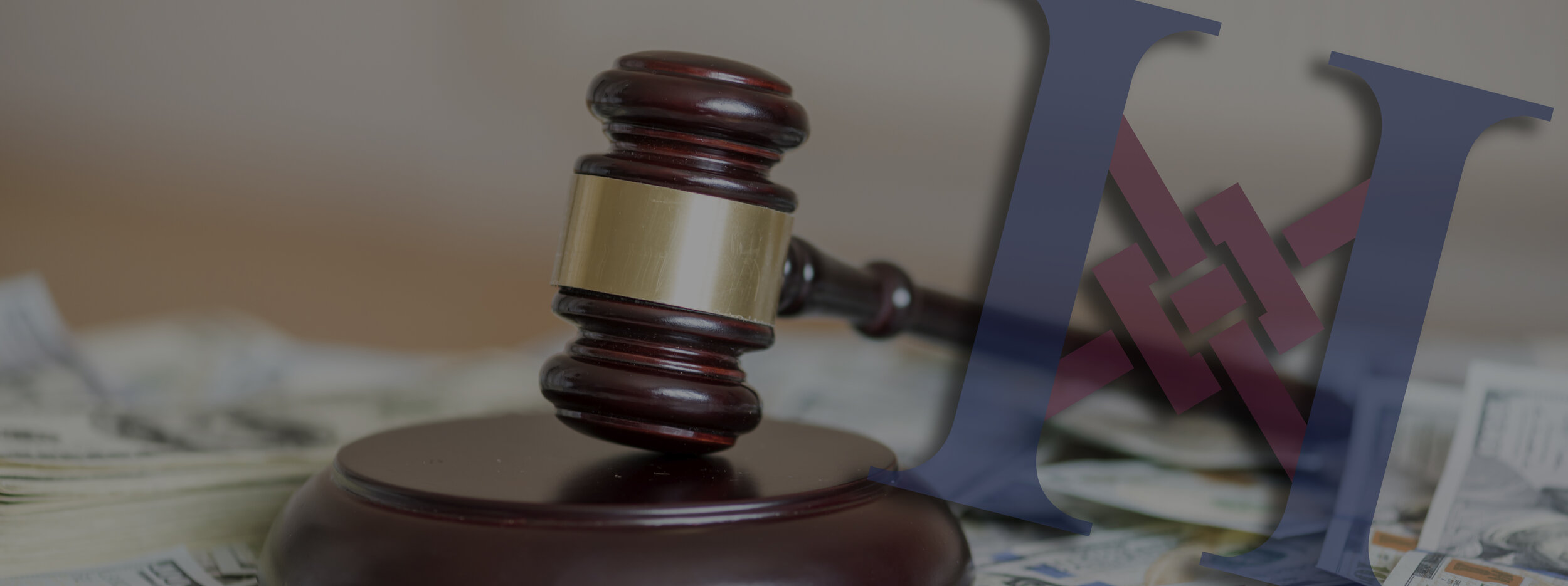
Bankruptcy
The Harrington Law Firm has practiced bankruptcy law in Louisiana for more than 30 years, working to bring peace of mind to Louisiana residents. When clients contact us, we listen carefully to their matters of concern and respond with the legal information and options they need to make informed decisions. With multiple attorneys concentrating in the areas of business and consumer bankruptcy, The Harrington Law Firm can help you find the debt relief option that best fits your needs. Whether you are looking for consumer or commercial debt relief, our team of talented and dedicated attorneys are here to answer your questions and help you find the option that best fits your needs. With attorneys experience in Chapter 7, Chapter 11 and Chapter 13 Bankruptcy filings; The Harrington Law Firm can help.
Consumer Bankruptcy
Despite what many people believe, the new bankruptcy laws, which went into effect in 2005, still allow most people to obtain debt relief through a Chapter 7 or Chapter 13 bankruptcy filing. If you are have fallen desperately behind on your debt payments, bankruptcy may be the right option for you. The stigma of bankruptcy, a legal proceeding in a federal bankruptcy court, has faded and been replaced by the view that it is a fresh start after a time of trouble. While not the best option for everyone, bankruptcy can provide you with a fresh financial start. As a consumer, you have options set forth in the Federal Bankruptcy Code. Most consumers file under Chapter 7 or Chapter 13 with very few few filing under Chapter 11 . One of the experienced attorneys at The Harrington Law Firm can walk you through the options and help to choose which best fits your needs. Contact us today for your free initial consultation or click below to find out more about each of your options.
Chapter 7 Bankruptcy
A Chapter 7 can typically eliminate all of a debtor’s unsecured debts – things like credit cards or personal loans. In Chapter 13 cases, indebted individuals need to pay all of their excess financial gain every month into a pool that is split up to their creditors. After 3 to 5 years, whatever unsecured obligations remain are released in a Chapter 13 case.
Chapter 7 is not intended to spare property where installments have not been made and foreclosure has started. In that case, Chapter 13 can help in that special circumstance.
The job of the Chapter 7 Trustee is to grab any non-absolved property and partition up those returns among creditors. There are many state and government exceptions that typically shield the bulk of home goods and sometimes a home or 1st automobile from seizure. Debtors with boats, motor homes, second homes or different property subject to seizure might like Chapter 13 to shield their property from being appropriated.
Chapter 13 Bankruptcy
In a Chapter 13 The Harrington Law Firm has practiced bankruptcy law in Louisiana for more than 30 years, working to bring peace of mind to Louisiana residents. case, an individual with regular income repays all or a portion of his or her debts over a three-to-five-year period through a monthly payment plan approved by the Bankruptcy Court. For that reason, a Chapter 13 case is sometimes referred to as a “wage-earner plan.” Also, many sole proprietors file Chapter 13 plans to restructure how their debts are repaid. The Chapter 13 Trustee does not take possession of non-exempt assets but supervises the case and administers the payments to creditors under the Chapter 13 The Harrington Law Firm has practiced bankruptcy law in Louisiana for more than 30 years, working to bring peace of mind to Louisiana residents. plan. In exchange for these payments, you can keep property you have which a trustee would sell from under you in Chapter 7. So in Chapter 13, you can:
Save your house
Keep your vehicle
Keep your land
Save your business
The amount of your payments and the length of your plan depends on a variety of considerations. One such consideration is how much extra money you have left over every month after you pay your basic living expenses. A second factor is how far behind you are on your secured debts (e.g., home loans, vehicle loans, etc.).
The most common reasons for client bankruptcy are (a) loss of employment; (b) lengthy illness and large medical bills; (c) death of a spouse; (d) separation, divorce and marital issues; and (e) large unexpected expenses.
